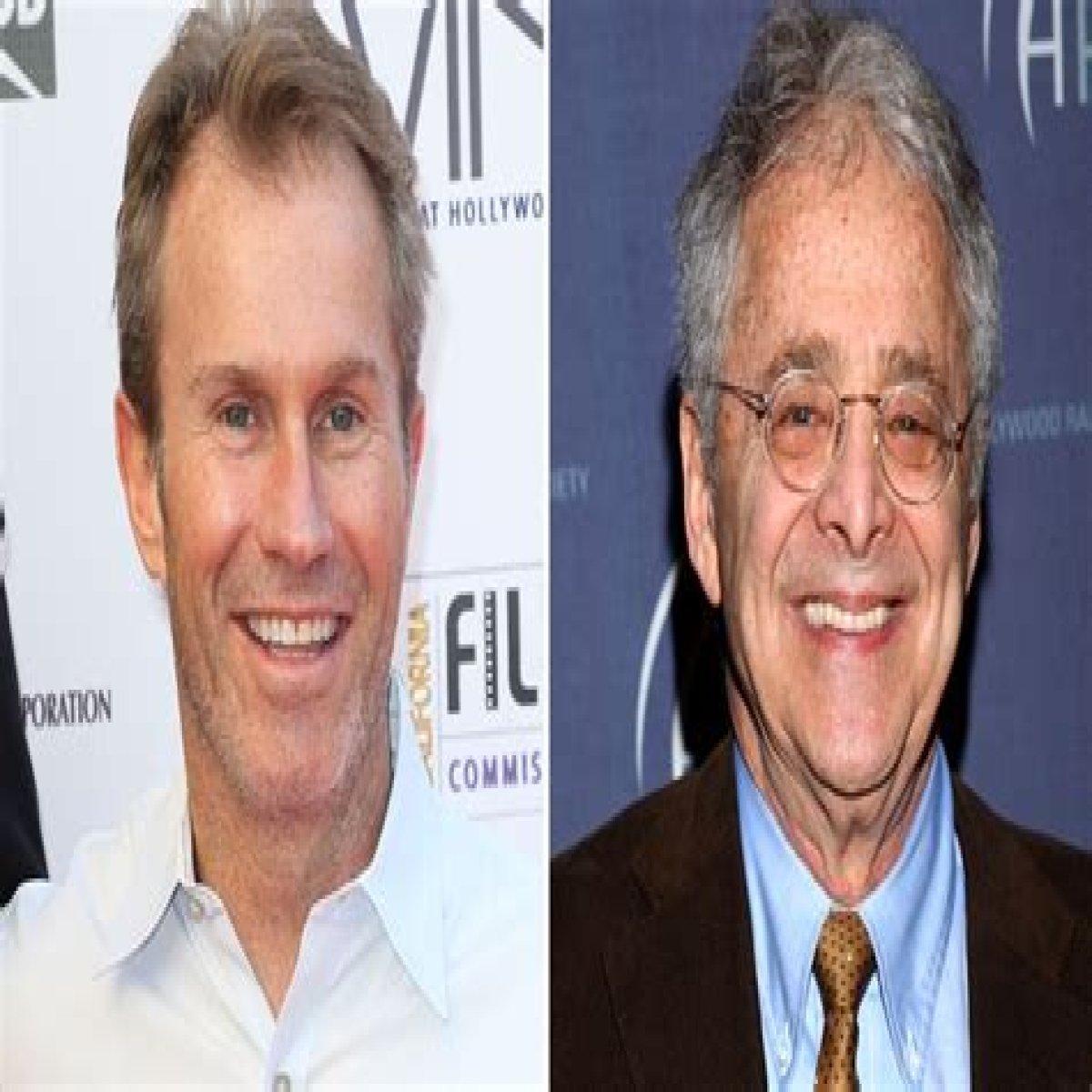Two decades ago, producer Andrew Lazar acquired the rights to Chuck Barris‘ memoir Confessions of a Dangerous Mind: An Unauthorized Biography. Stranger than fiction, the 1984 book detailed The Gong Show host’s hidden life as a CIA assassin in the 1960s and ‘70s. Lazar enlisted Charlie Kaufman to adapt the wild story, which would mark George Clooney‘s directing debut. The resulting 2002 movie, which depicts star Sam Rockwell killing 33 people, has been largely viewed as fantastical fiction.
But Lazar, who remained a close friend of Barris‘ and visited him just six weeks before his death on March 21, says the iconic TV personality never backed down from his story, even if the CIA emphatically denied that Barris worked for the spy agency.
Lazar points to Pulitzer Prize finalist Annie Jacobsen’s upcoming book Phenomena: The Secret History of the U.S. Government’s Investigations into Extrasensory Perception and Psychokinesis as evidence that the CIA has embraced all kinds of outlandish ploys. That book, which publishes March 28, is generating headlines (as well as a TV series from Blumhouse and Amblin) and is forcing people to reassess how far the CIA has gone in the past.
Here Lazar, the Oscar-nominated producer of such films as American Sniper, weighs in on the key question: Was the mastermind behind such game show classics as The Dating Game and The Newlywed Game living a double life as a CIA assassin? As he told it to Tatiana Siegel the day after Barris‘ death, Lazar says it’s “possible.”
I’m terribly, terribly sad that Chuck’s no longer here because he was one of my best friends, and I adored him. He was a total visionary in the entertainment business. He was a total one-of-a-kind, personally and professionally. Every time I would visit New York, which as you know in our business is very frequently, I would see him.
Do I think Chuck was a CIA assassin? As Chuck would say, I can neither confirm nor deny that. I would like to believe there’s truth in what he said. [George Clooney and I] decided that we were going to take [what he claims in the book] and use that.
Is it plausible? Could that actually have happened? I really couldn’t tell you one way or another. I can say this, having gotten to know Chuck over the years, there’s a possibility. There could be truth in the book because Chuck was so politically active. That’s not to say I’d like to think Chuck killed all those innocent people. I think the book was not 100 percent true. I think there were strong grains of truth in the book.
But he never, never denied the authenticity of the book in all the years I knew him. Look at the CIA and all the different programs they’ve had — which, by the way, were far more outlandish than [Chuck’s contention] — all the CIA experimentation on psyches and remote viewing and telekinesis. That existed. So the idea that the CIA would actually go to people that were traveling around the world for television shows and have them do counterintelligence, that’s not that far-fetched.
He never said this, but I do think the book is a metaphor for entertainment. Like the quote in the book where he says, “Here I am. I’m being crucified by my critics for this daytime television.” You gotta remember that there was this incredible renaissance, a golden age of television, before the advent of cable. Norman Lear was doing these great shows like All in the Family. Yet Chuck went into daytime where they were kind of crucifying him for The Gong Show. The idea that he should be lauded by the government for doing all this clandestine stuff that he could never actually say he was doing — being lauded by the government for his patriotic duties — I think there’s an irony that he saw in all of that.
